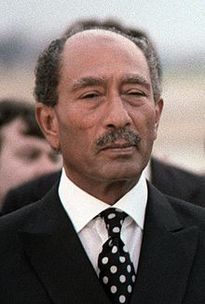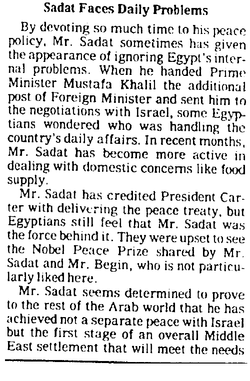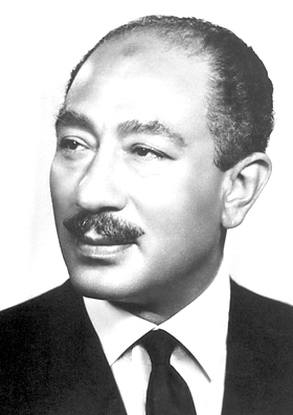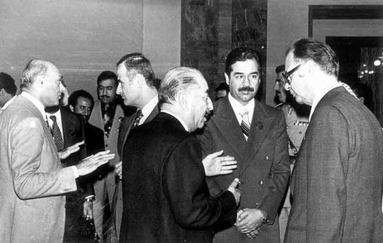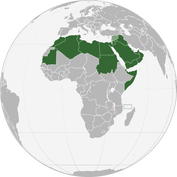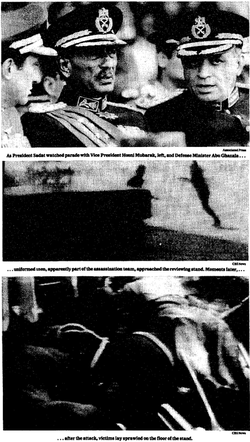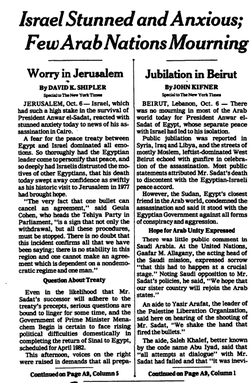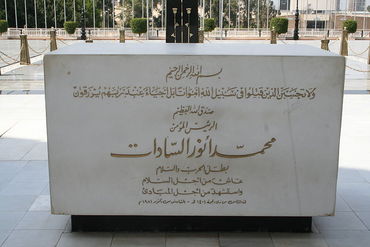Short Term Reactions: In Egypt & the Arab League
Negative criticism and Nobel Peace Prize
|
Unlike Prime Minister Begin's relatively warm welcome home, President Sadat faced enormous criticism.
|
The negative sentiment in Egypt escalated when Sadat received the Nobel Peace Prize with Menachem Begin.
Reaction of the Arab League
"It was unpopular in Egypt. Even though Egypt didn't seem to win in [1973], this idea of having a unified front, of only signing a peace treaty when there's justice for the Palestinians, this was abandoned in [1979]. As a result, Egypt is kicked out of the Arab League for a period. And I mean so this is a part of the jockeying among these Arab leaderships; it's not like Hafez El-Assad really loved the Palestinians. This was a rivalry. As you can see though, it is still going to have an effect on the Egyptian public. Because here is the leader of the Arab World essentially being kicked out of the modern Arab organization." |
|
Sadat's Personal Price
Sadat paid with his life for his role at Camp David when he was assassinated by the Egyptian military jihad.
It was October 6th, a hot, sunny day. Sadat, dressed in the uniform of the Commander in Chief of the Armed Forces, was reviewing a military parade in a Cairo suburb. The parade had been going on for about two hours when the attackers struck. They apparently timed their assault to coincide with an aerial show by a squadron of jetfighters performing maneuvers. |
Yet, few Arab nations mourned, reflecting the general Arab sentiment against the Camp David Accords.
In essence, the reaction across Egypt and other Arab nations was bitter, as evidenced by Sadat's assassination and the expulsion of Egypt from the Arab league.
